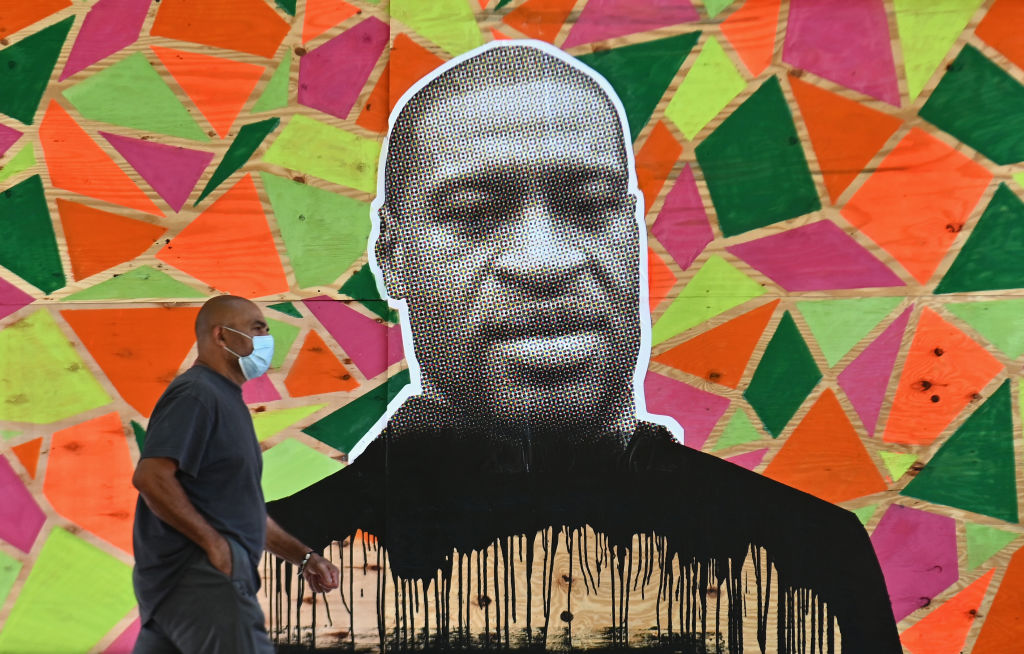
November 14, 2023
“His Name is George Floyd” Authors Told Not to Discuss Systemic Racism At Memphis School Event
His Name Is George Floyd" authors were reportedly denied reading from their book during an appearance at a high school.
Authors of the Pulitzer Prize-winning book, His Name Is George Floyd, say they were denied from reading from their book or speaking about systemic racism during an appearance at a Memphis high school.
Journalists Robert Samuels and Toluse Olorunnipa say they were “blindsided” when two days before their appearance at Whitehaven High School, they were given last-minute restrictions, NBC News reports. Not only could they not read from their book, they also were denied giving the book out to students at the predominantly Black school.
“I was thinking about the great disservice that they’re giving these students who deserve better,” Samuels said. “I thought about my personal disappointment and feelings of naïveté that despite all the work Tolu and I had done to make sure the book would be written in a way that was accessible to them, a larger system decided that they were going to take it away.”
A spokesperson for Memphis-Shelby County Schools denied the restrictions and said it was a “miscommunication.” The only thing Samuels and Olurunnipa were told is that they couldn’t give out the book due to state and district regulations.
“Memphis-Shelby County Schools did not send any messaging that said the authors could not read an excerpt from the book,” spokeswoman Cathryn Stout told NBC News. “Memphis-Shelby County Schools also did not send any messaging that said the authors could not discuss systematic racism or topics related to the death of George Floyd.”
The district was “saddened and disappointed” when they learned the authors “were given misinformation that was said to have come from us.” The school reportedly didn’t have enough time to review the book which is why students were denied the chance to receive the book.
Tennessee is among several states to have passed the Age-Appropriate Materials Act, which requires public schools to review library books to ensure they contain “materials appropriate for the age and maturity levels of the students who may access the materials, and that is suitable for and consistent with, the educational mission of the school.”
The law has, in turn, placed restrictions on school library books and classroom teachings about race.
“It was really disappointing to hear that our speech was going to be limited,” Olorunnipa said. “Not only for us, but for the students whose access to knowledge is going to shape their journey in this world and in this country.”
RELATED CONTENT: Racists’ Feathers Are Ruffled After Reckoning With Antiracist Birds Naming